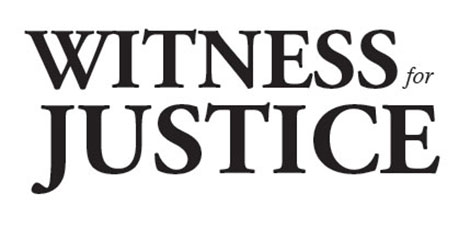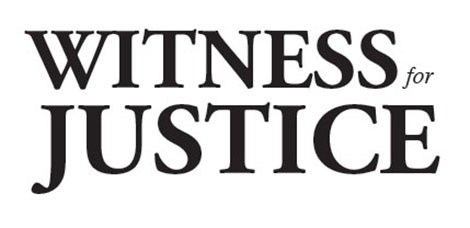This Little Light
 It is hard to believe that the 2018-midterm elections are just over three months away, and we will soon be in the thick of a presidential election campaign in 2019. In the meantime, we seem to be engaged in an ongoing, head spinning debate about election security and integrity, and voting rights.
It is hard to believe that the 2018-midterm elections are just over three months away, and we will soon be in the thick of a presidential election campaign in 2019. In the meantime, we seem to be engaged in an ongoing, head spinning debate about election security and integrity, and voting rights.
Let’s go back to May of last year, when the Presidential Advisory Committee on Election Integrity was established by executive order. The commission was tasked with restoring the public’s confidence in the electoral system by investigating “those vulnerabilities in voting systems and practices used in federal elections that could lead to improper voter registrations and improper voting, including fraudulent voter registrations and fraudulent voting.” This despite the fact that study after study shows that there is no evidence for widespread “voter fraud.” In fact, election officials from both parties pushed back on this claim. Ultimately, the commission was disbanded.
Fast forward to last week, when the U.S. House of Representatives failed to pass an amendment that would have added $380 million dollars to improve and protect our election infrastructure, despite warnings from election officials that our current infrastructure is dangerously outdated. Voters in 41 states will cast their ballots using machines more than a decade old. Security experts continue to warn that our election infrastructure is highly vulnerable to cyber attacks, which is especially concerning as we face warnings about foreign interference in U.S. elections.
Voting is often described as the heart of the democratic process. It is the most fundamental access point for individuals, giving each of us a voice in the public policy decision-making that directly impacts our lives and communities. Instead of strengthening this heart muscle by updating election infrastructure and taking steps to protect and increase voter participation, we see the purging of voter registration rolls, roadblocks to voter registration, stricter voter ID requirements, and outright voter suppression. The 2010 Citizens United Supreme Court decision opened the floodgates for corporations and special interest groups to contribute unlimited amounts of money to political campaigns, and efforts to make campaign-financing law less transparent continue.
This goes beyond partisan politics to our core values as a nation. The centrality of a citizen’s free vote, not limited by the powers of money, social class and unequal access, is a moral issue. Justice cannot be achieved unless the policies and practices governing the democratic process are fair. I am reminded of the words of Doris Haddock, “Granny D,” who, at the age of 88, walked across the U.S. advocating for campaign finance reform. She felt compelled to fight for the integrity of the democratic process, saying, “If we allow the greedy and inhuman elements to steal away from us our self-government because we didn’t have the energy or courage to fight for it and use it as a tool for love and wisdom, how shall we answer to that?”
Certainly not by throwing up our hands and disengaging from the process. Surely, this little light of ours, our vote and our engagement in electoral process, are worth fighting for.
Sandy Sorensen Director of the United Church of Christ Washington Office.
View this and other columns on the UCC’s Witness for Justice page.
Donate to support Witness for Justice.
Click here to download the bulletin insert.
Related News
God & Country
Beyoncé’s new Cowboy Carter album has sparked controversy over whether it should be...
Read MoreVoices for Change: Advocacy at the United Nations
“Why do you do this work?” The question came from the pastor of the youth group...
Read MoreJPANet April 2024 Newsletter
Each month we unpack the complex justice issues that we’re working on. This...
Read More
